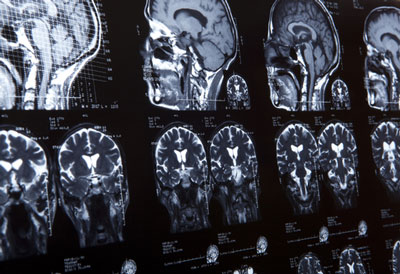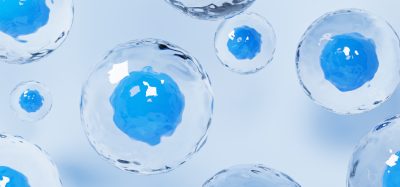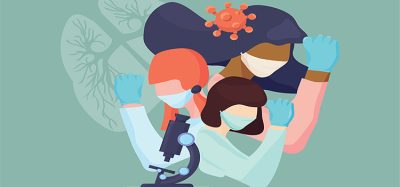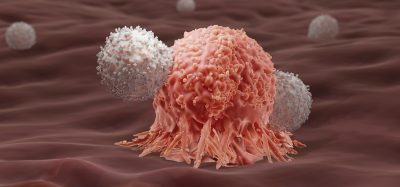Two Stat3 inhibitors show potential in fighting brain and breast cancers
Posted: 16 July 2015 | Victoria White
Researchers have discovered two chemical compounds that effectively stop the growth of brain cancer cells and breast tumours by inhibiting the Stat3 protein…


Researchers from University of Hawai’i Cancer Centre have discovered two chemical compounds that effectively stop the growth of brain cancer cells and breast tumours by inhibiting the Stat3 protein.
“It is particularly encouraging for brain tumour patients, who do not currently have effective treatment options besides surgery,” said Dr James Turkson, PhD, Chief Academic Lead of the University of Hawai’i Cancer Center and Director of the Natural Products and Experimental Therapeutics Programme. “The targeted treatments are less toxic and therefore will give cancer patients a better quality of life when both compounds are developed as drugs.”
Turkson and collaborator Marcus Tius, PhD, MS, Director of Cancer Biochemistry at the UH Cancer Centre, examined compounds that inhibit Stat3, a protein implicated in a variety of cancers that include brain and breast cancers.
The compounds stopped Stat3 from promoting cancer cell growth
The two chemical compounds, a hydroxamic acid-based inhibitor (SH5-07), and a benzoic acid-based inhibitor (SH4-54) designed at the UH Cancer Centre stopped the growth of brain and breast cancer cells by blocking a certain function of the Stat3 protein.
When the Stat3 protein, which regulates genes, goes haywire and no longer functions normally, it drives cells to continue growing and makes tumour cells multiply and spread. The two compounds stop the protein from promoting cancer cells to grow, thus stopping the tumours from growing.
“Targeted therapies are based on understanding what is driving the cancer and how new drugs are designed to attack those cancer causing pathways,” said Turkson. “We would like to advance these studies to turn the chemical compounds into new anti-cancer drugs to help patients potentially have better survival chances.”
The study findings are published in the journal Cancer Research.
Related topics
Oncology
Related conditions
Breast cancer
Related organisations
Cancer Research, University of Hawai'i Cancer Centre







